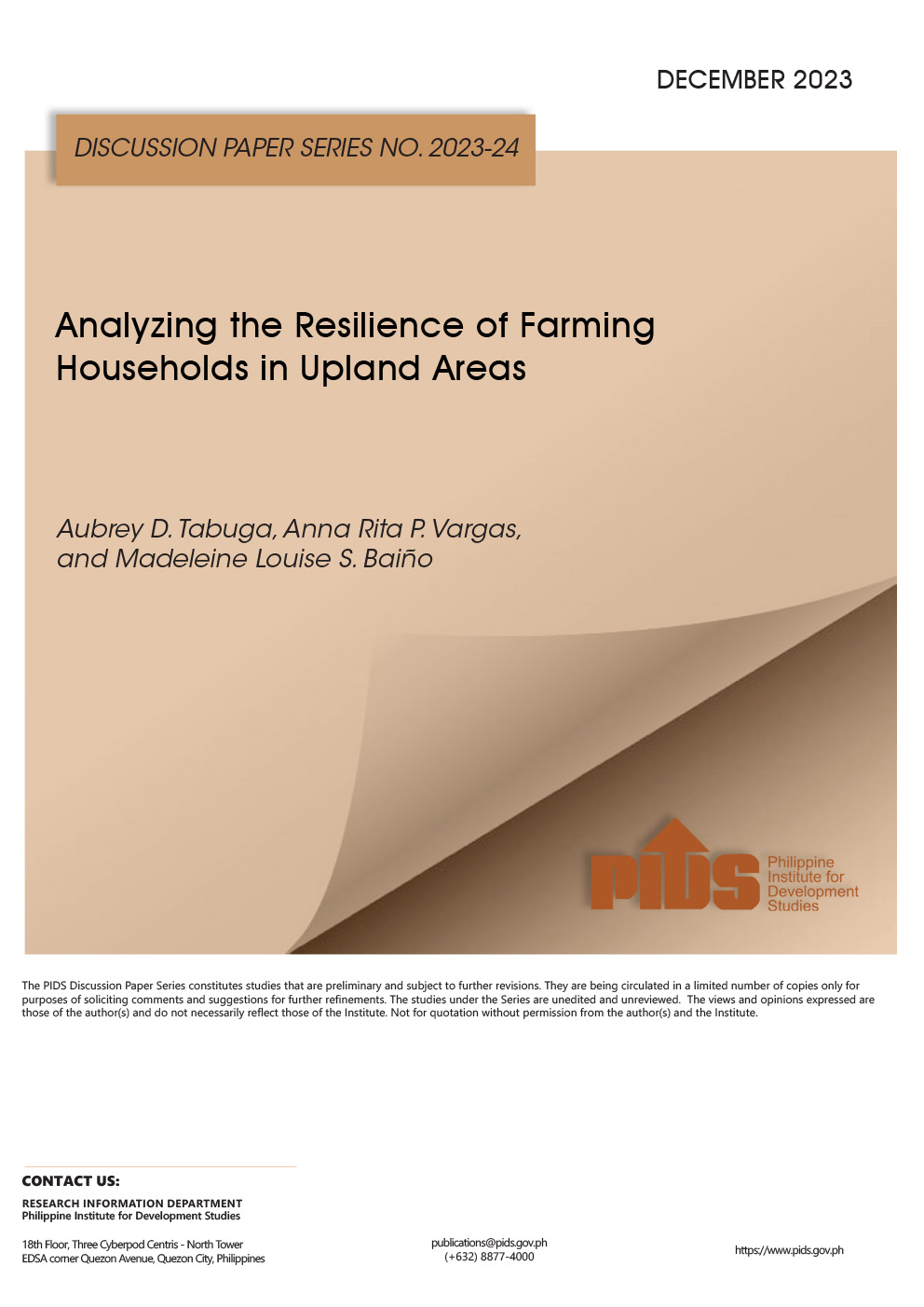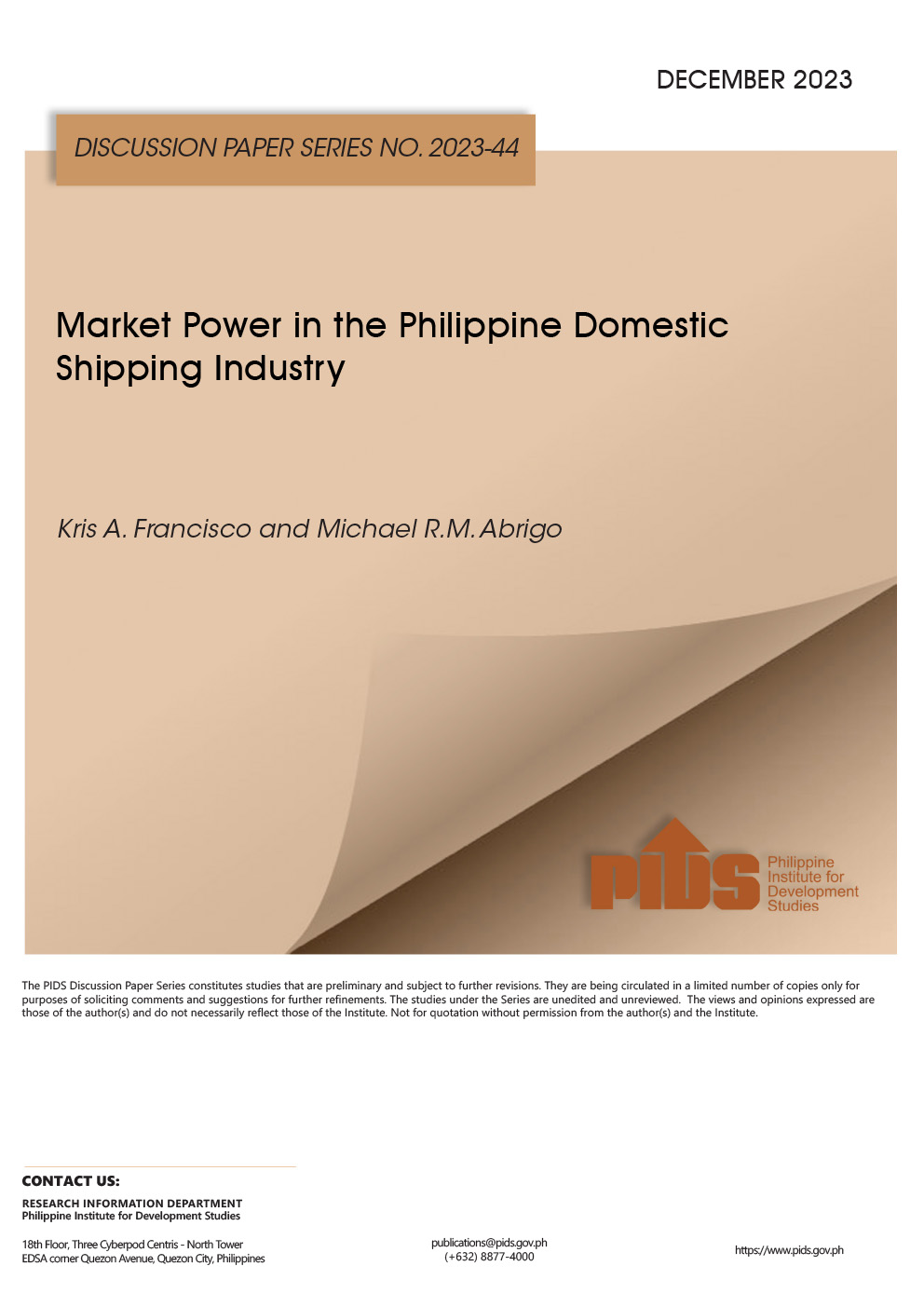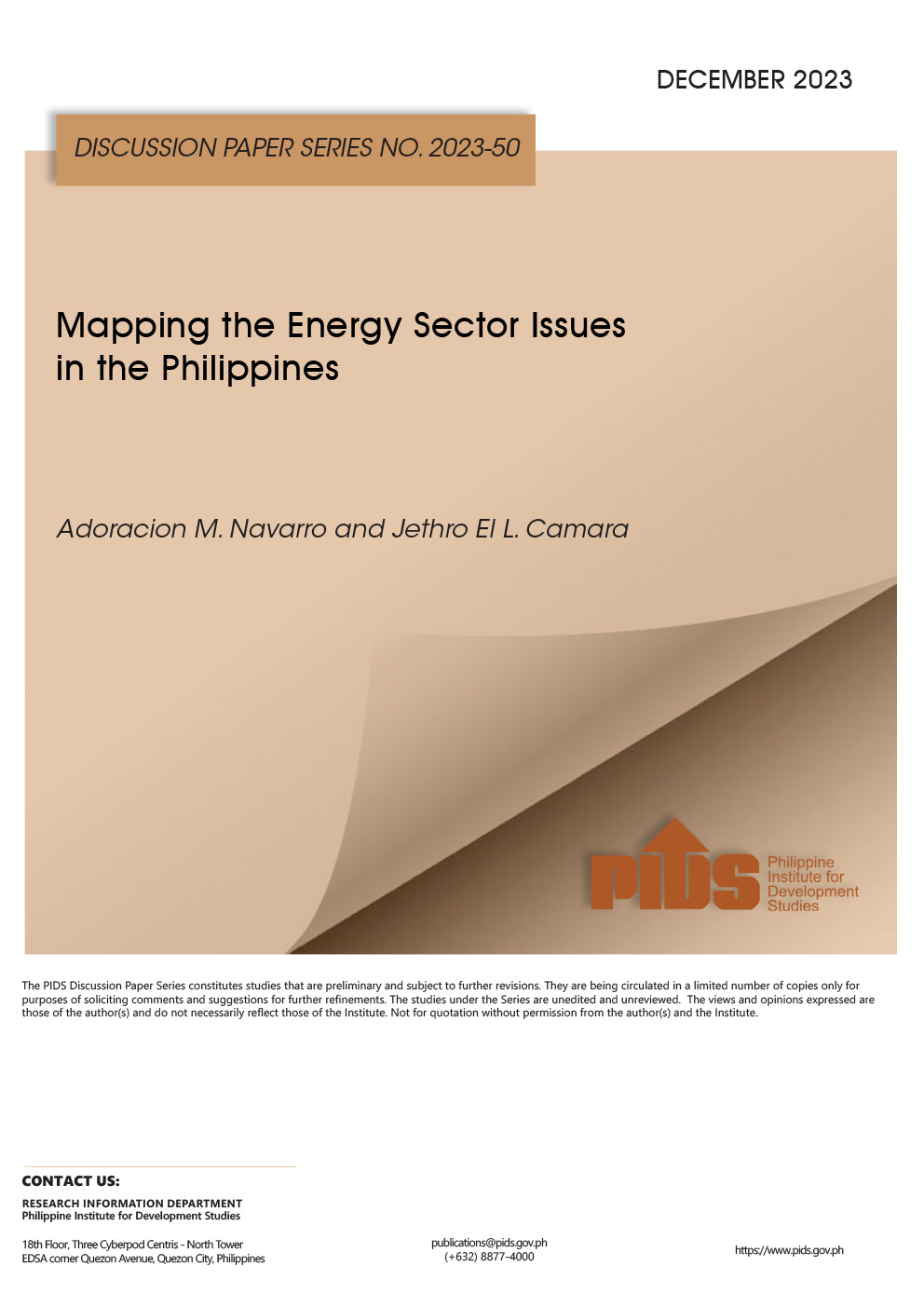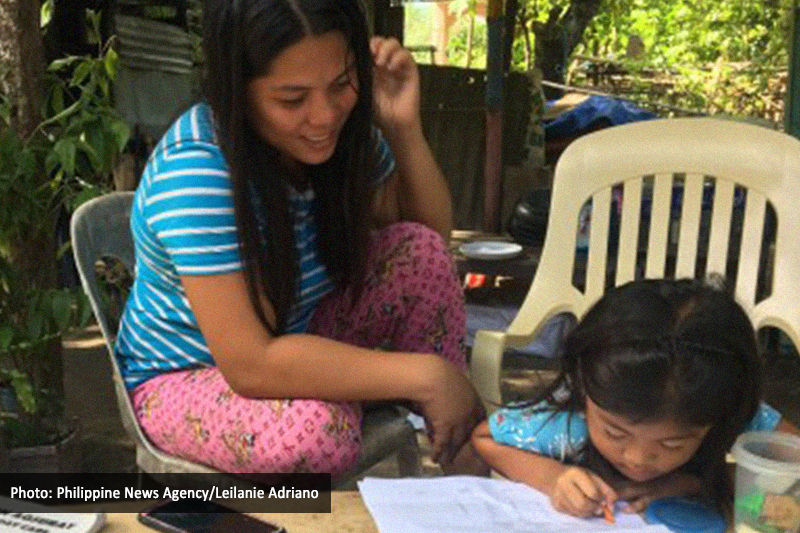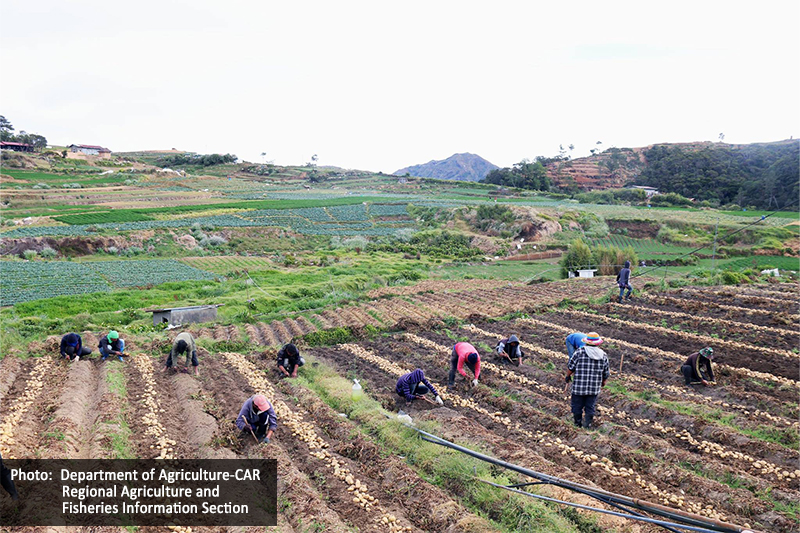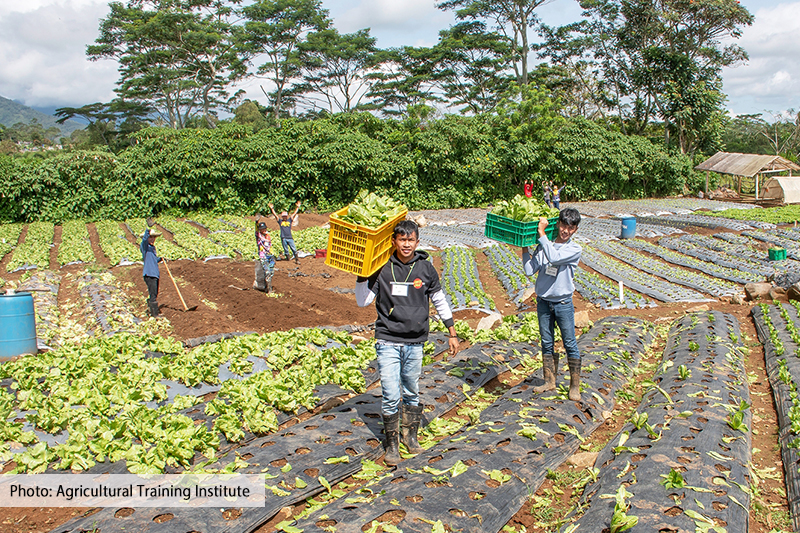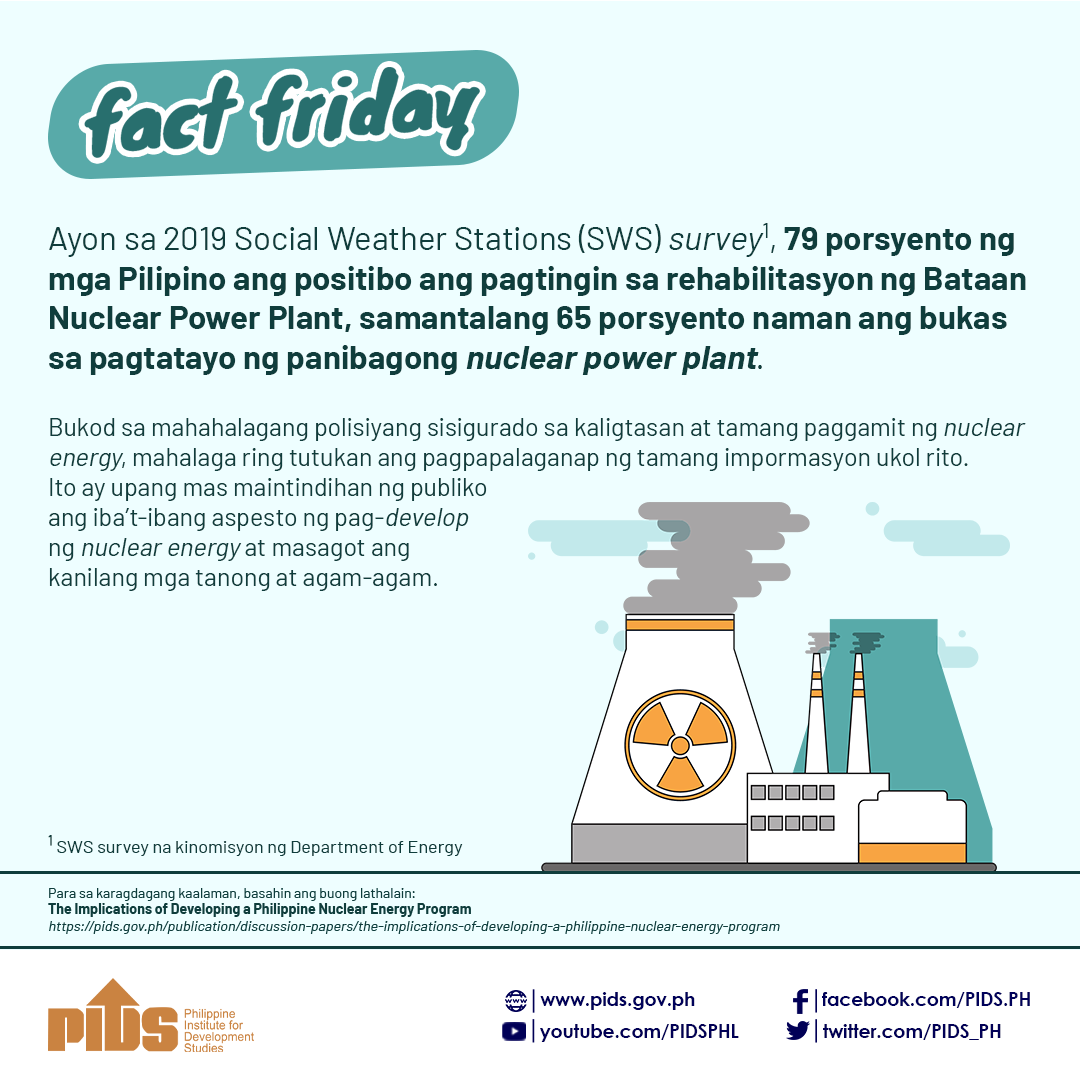Multinational telecommunications company Nokia signed a partnership with Israeli startup Aquarius Engines in its effort to provide a solution for distributed generation as well as to power telecommunications centers across remote areas in Asia.
The Philippine Institute for Development Studies found that about 130 million people in Southeast Asia still lack access to electricity. In the Philippines, about 16 million of the population are still without electricity. The study further states that “the Philippines has a total electrification rate of 83%.” In the SEA region, only Brunei Darussalam and Singapore have a 100% electrification rate.
While searching for a solution for distributed generation, Nokia tapped Aquarius Engines because of its “unique engine technology including a great ability to monitor performance remotely.”
The Aquarius Generators are powered by the newly invented Aquarius Engine, a highly efficient patented super lightweight single-piston free linear engine that requires minimal maintenance.
“The companies have a shared vision, and Aquarius Engines has a tremendous entrepreneurial spirit, which is key when coming up with a solution for a decades-old problem,” said Martin Hauske, Energy Segment Leader, Asia Pacific, Nokia. “The goal was to provide affordable, yet manageable power to rural and remote locations that were either very expensive or totally off-limits. Aquarius Engines shared their engine solution with us and Nokia suggested generators for microgrids as a great application of their unique capabilities.”
Cloud computing support
Nokia will be rolling out high-powered towers and equipment to upgrade networks to 5G standards and is expecting enterprise customers and telecommunications companies to be the main users of its cloud computing support.
For the utility and telecommunications industry, it solves the issue of managing hundreds of thousands of distributed generators (DER) with guaranteed service levels, enabling mission-critical communications and power for remote communities.
Nokia is looking at beginning field tests in the Philippines this year for small-scale electrical generators using its unique low-maintenance design. The program will be implemented in stages with the initial plan to station Aquarius Generators on remote islands in the Philippines that have had no access to electricity until now.
Pilot test
Hauske said the energy service providers in the Philippines are part of a mature industry and are looking for solutions to solve such problems when asked why Nokia chose the country among others in Southeast Asia for the pilot test with Aquarius. He also noted the aim of the government to provide electricity to the entire country, which may pave the way for these solutions.
The long-term goal is to bring power to the 50 million Asians that currently don’t have access to electricity. Aquarius Engines forecasts that by 2022, they will supply in excess of €250M in generators to this market through the partnership with Nokia.
Nokia will also provide services to communications provers with mission-critical networks in remote sites through Aquarius Engines.
The Philippine Institute for Development Studies found that about 130 million people in Southeast Asia still lack access to electricity. In the Philippines, about 16 million of the population are still without electricity. The study further states that “the Philippines has a total electrification rate of 83%.” In the SEA region, only Brunei Darussalam and Singapore have a 100% electrification rate.
While searching for a solution for distributed generation, Nokia tapped Aquarius Engines because of its “unique engine technology including a great ability to monitor performance remotely.”
The Aquarius Generators are powered by the newly invented Aquarius Engine, a highly efficient patented super lightweight single-piston free linear engine that requires minimal maintenance.
“The companies have a shared vision, and Aquarius Engines has a tremendous entrepreneurial spirit, which is key when coming up with a solution for a decades-old problem,” said Martin Hauske, Energy Segment Leader, Asia Pacific, Nokia. “The goal was to provide affordable, yet manageable power to rural and remote locations that were either very expensive or totally off-limits. Aquarius Engines shared their engine solution with us and Nokia suggested generators for microgrids as a great application of their unique capabilities.”
Cloud computing support
Nokia will be rolling out high-powered towers and equipment to upgrade networks to 5G standards and is expecting enterprise customers and telecommunications companies to be the main users of its cloud computing support.
For the utility and telecommunications industry, it solves the issue of managing hundreds of thousands of distributed generators (DER) with guaranteed service levels, enabling mission-critical communications and power for remote communities.
Nokia is looking at beginning field tests in the Philippines this year for small-scale electrical generators using its unique low-maintenance design. The program will be implemented in stages with the initial plan to station Aquarius Generators on remote islands in the Philippines that have had no access to electricity until now.
Pilot test
Hauske said the energy service providers in the Philippines are part of a mature industry and are looking for solutions to solve such problems when asked why Nokia chose the country among others in Southeast Asia for the pilot test with Aquarius. He also noted the aim of the government to provide electricity to the entire country, which may pave the way for these solutions.
The long-term goal is to bring power to the 50 million Asians that currently don’t have access to electricity. Aquarius Engines forecasts that by 2022, they will supply in excess of €250M in generators to this market through the partnership with Nokia.
Nokia will also provide services to communications provers with mission-critical networks in remote sites through Aquarius Engines.

